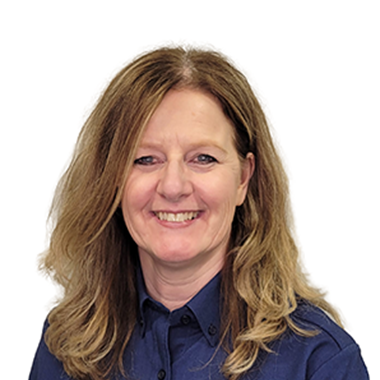Living environments and animal welfare in aviary systems (Phase 1: Mitigation)

Stéphane Godbout
Researcher, P.Eng., agr., Ph.D.
418 643-2380
ext 600

Caroline Côté
Researcher, agr., Ph.D.
450 653-7368
ext 310
Description
In the first phase of the project, researchers identified and documented practices, techniques, and technologies that can be used to improve overall environmental performance, animal welfare, and the quality of the animals’ living environment.
The second phase is focused on comparing the effectiveness of the most promising practices, techniques, and technologies.
The tests are being carried out at the BABE laboratory at IRDA. A battery of statistical analyses are being used to extract as much information as possible. A feasibility study will look at implementation issues and confirm the lab results.
An economic analysis will be conducted based on the data. The information will be disseminated through additions to the documents already available on the website of the Québec egg producer federation.
Objective(s)
- Document practices that improve the quality of the production environment from an animal and human health and nitrogen balance perspective
- Measure the impact of new practices on nitrogen balance, air quality, and microbial populations in the air and on surfaces
- Study the technical and economic feasibility of implementing these practices on farms
From 2017 to 2019
Project duration
Livestock production
Activity areas
Animal welfare
Service
This project aims to identify practices that improve environmental performance, as well as animal welfare and living environments.

Partners
Ministère de l'Agriculture, des Pêcheries et de l'Alimentation du Québec | Fédération des producteurs d’oeufs de consommation du Québec | Université Laval (Faculté des sciences de l'agriculture et de l'alimentation et Faculté des sciences et de génie) | Université de Montréal (Faculté de médecine vétérinaire)

This may interest you
Managing berms and swales to increase the effectiveness of vegetative filter strips around beef cow wintering lots
This project aimed to evaluate the purification capacity of different configurations of swales planted with shrubs or perennial grasses to serve as vegetative filter strips.
Researcher: Marc-Olivier Gasser

Bison farming in Québec: Determining the phosphorous load factor
Project to determine the real value of the phosphorus load associated with bison production in Québec.
Researcher: Stéphane Godbout

Technical guide on how to factor in added bedding and water and feed losses in determining the total volume for designing manure storage tanks
When designing tanks, the total volume of material to be stored must be calculated. This guide provides a comprehensive calculation method that takes into account volumes of bedding added as well as feed and water losses.
Researcher: Stéphane Godbout


